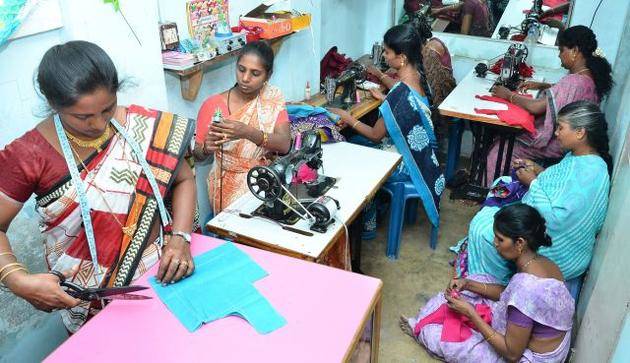The United Nations has announced it is partnering with Estonia’s e-residency to empower entrepreneurs in developing countries to make starting a company easier.
The programme is called “e-Trade for All” and it was unveiled in Geneva on 25 April 2017 at the e-commerce week of the United Nations Conference on Trade and Development (UNCTAD). The initiative is meant to ensure that entrepreneurs in the developing world can access e-commerce.

Jack Ma, the founder of the Chinese retail giant, Alibaba, will serve as an advisor to the programme.
Businesses moving online
According to the UN, Ma predicts 90% of all business will be online in the next 30 years. At present, however, a large proportion of the world’s population is unable to benefit from that growth – often just because of where they live.
“People in developing countries, women and other marginalised groups currently have the greatest challenges accessing e-commerce,” the United Nations said in a blog post. “The financial and administrative barriers to establishing and managing a business may be too high, their business may not be trusted online or they may have difficulty accessing all the tools they need, such as international payment providers.”
“This is why Estonia’s e-residency programme is crucial to helping unleash the world’s entrepreneurial potential,” the UN said. “It means aspiring entrepreneurs can apply for a secure digital identity issued by the government of Estonia and then use it to establish and manage an EU company online with minimal bureaucracy.”
First project in India
One of the first examples of “e-Trade For All” in action is underway in New Delhi, India, where women are being helped start their online businesses through the e-residency programme.
The Estonian e-residency programme gives access to the country’s advanced digital infrastructure and public e-services so that the approved e-residents can establish and manage a company and enjoy the same rights in business as Estonians. However, e-residency does not provide citizenship, physical residency or tax residency.
Estonia opened the e-residency programme up for everyone in December 2014. E-residents get a state-issued, secure digital identify that allows digital authentication and the digital signing of documents. E-residents can also open bank accounts in Estonia without having to visit a branch.
I
Cover: Estonian e-residency card in use (the image is illustrative.)


